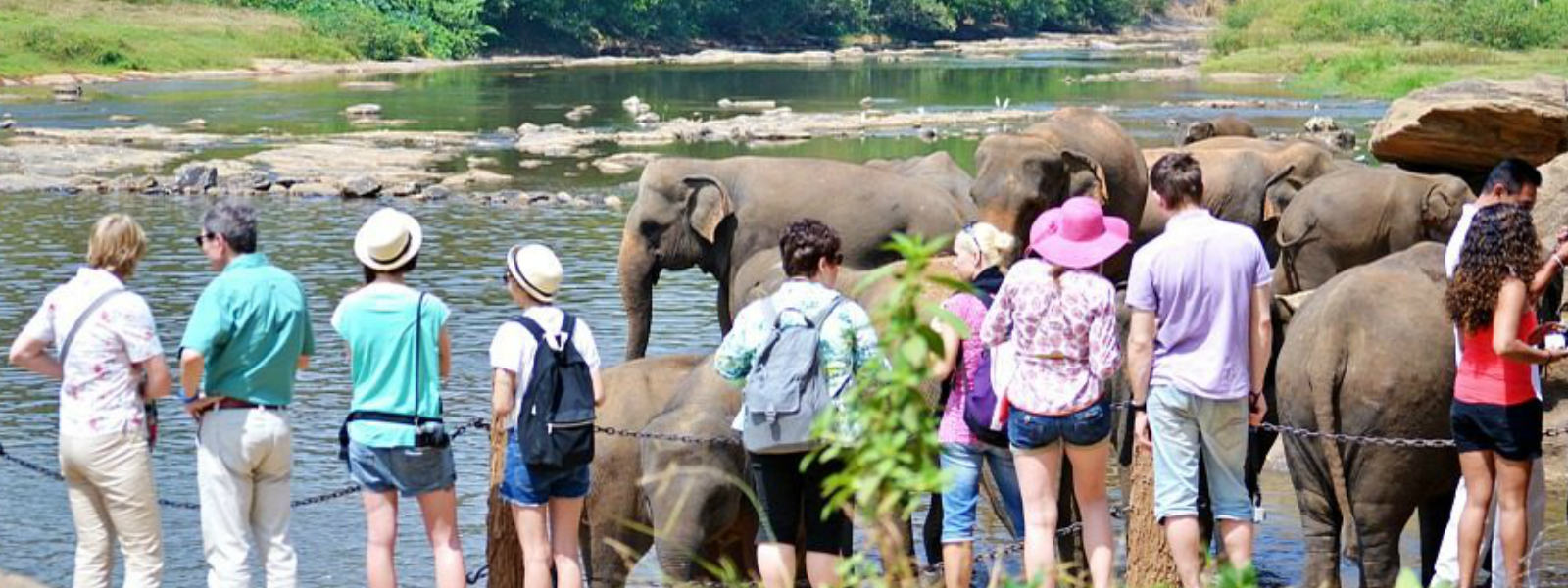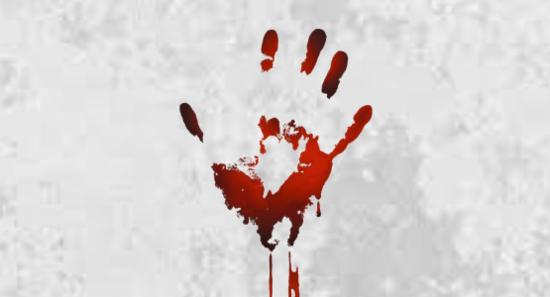.webp)

SRI LANKA TOURISM IN PERIL
The Daesh attacks in Sri Lanka has caused the island nation a severe economic downturn with its tourism industry hit particularly hard.
The end of the internal terror problem, mainly concentrated in the North of the island, raged for over thirty years with successive Sri Lankan governments struggling to control the renegade LTTE group. 2005 saw the end of the Bandaranaike dynasty and the election by a slim margin of Mahinda Rajapaksa who fought the election on a platform of bringing the terror problem to an end. Almost remarkably his government were indeed able to bring an end and 2009 ushered in a new opportunity to Sri Lanka. The principal beneficiary was the island's tourism assets.
It appeared that the world and his dog were hell bent on visiting the tropical island for long touted as the Pearl of the Indian Ocean. Millions of dollars were poured into developing tourism assets side by side with a significant increase in state spending on infrastructure development. By 2019 Lonely Planet named the island as its must visit destination.
Along with the election of a virtual all-party coalition with Maithripala Sirisena at the helm, the new boys on the block promised an end to widespread corruption, nepotism and political patronage. Just weeks into the good governance team's appointment, Sri Lanka's outspoken media, highlighted a sensational scam now infamously known as the BONDGATE matter.
The claims were as audacious as the events itself: the Central Bank had been used to favour one company unfortunately headed by the Governor's son-in-law. The media screamed loud and clear and eventually the Governor was replaced, the Minister of Finance was replaced but for all the government's claims that the judicial system was independent four and one half years later, nothing of any substance has been done to hold those accountable responsible for the scam. It appeared that Sri Lanka was full of talk and no action.
If corruption and departures from due process were the norm, complacency and subservience to western powers became the practise of the day. The foreign minister readily agreed that there had been violations of international treaties by the armed forces and went to the extent of co-sponsoring a UN resolution. He did so ahead of any independent investigation as to the statements made by him and his colleagues in the Cabinet of Ministers.
Within this complacency arose a situation of where the President had been aware of a plot to assassinate him and the former Defence Secretary. The President rather like Queen Victoria was not amused. The Inspector General of Police Pujith Jayasundera (now sent home on compulsory leave) revealed that he had been asked by officials of the Presidential Secretariat to not attend the National Security meetings. He maintained that the Secretary Defence at the time, had told him that his attendance was not needed.
That astounding piece of information - we presume that the IGP is aware that he was giving evidence having taken an oath - simply highlights how personal issues have sullied the quest for good governance and the state of security on the island. Clearly the then Defence Secretary did not awake one fine morning and decide as to the exclusion of the Police Chief. On the contrary it is clear that the Defence Secretary had been informed of this by his boss - President Sirisena who is the Minister of Defence. President Sirisena was at the time unhappy with his IGP in terms perhaps of the assassination plot and the investigation thereof. However his refusal to have the same IGP at the Security Council meet remains unacceptable. If he felt he had a prima facie case of inaction by the IGP he ought to have placed the matter before parliament who would then take the necessary steps to rein in or rid the IGP of his work.
The long tall and short of this sorry and small minded decision making process is that the country’s economy has taken a severe battering and has placed the entire tourism sector at grave peril. It is, says an entrepreneur with millions of dollars invested in tourism assets, “on the cusp of irreversible disaster”.
180,000 people work in the hotel industry. The Colombo hotels reported an average Rs 50,000 per month as service charge pre 21/4. On that basis and using an average of Rs 25,000 per month across the industry, a colossal sum of Rs 4,500 Million has been missing from the economy with the May 2019 paychecks.
Over 50% of workers in the hotel trade hail from noin-urban areas, meaning that the cascading effect of missing monies in paychecks impacts directly at the rural economy. The cascading effects of the hotel industry at peril also means that suppliers of perishables to the hotels have been severely hit. A salesman supplying chicken to shops and hotels says that from a daily supply of 1,500 kg he is now struggling to get orders for just 200kg every day. The problem is stark.
The government’s traditional snail pace reaction simply will not help. Proactive action as opposed to reactive knee jerk ideas must become the essential need of the hour.
Parliament’s time and effort must be to come up with an action plan - immediately actionable - that encompasses not only the hotels but also the tour operators as well as the national airline.
The National Airline loses money each and everyday. Constantly the Treasury handouts funds in various forms. The CPC is owed millions by the carrier. The carrier enjoys various exclusive arrangements at the airports meaning that other airlines are paying higher than average charges to use the facilities at Colombo. The government must order their officials at the Carrier to immediately provide a moratorium on all such costs in order that all airlines will be incentivised to carry on flying into Colombo and perhaps reduce their prices in the interim period.
Everyone must be mindful that on a rule of thumb approximately 75% of a package tour costs is the cost of the airline ticket. Reducing inbound transportation charges and hotel charges will not readily encourage sympathetic visitors to Sri Lanka. The national carrier must understand that their seats are perishable in the extreme - once gone it's gone.
In the face of inaction by government Sri Lanka’ leisure industry will fall into an abyss with little chance of survival.
Other Articles
Featured News





.png )

-785316_550x300.jpg)





















.gif)